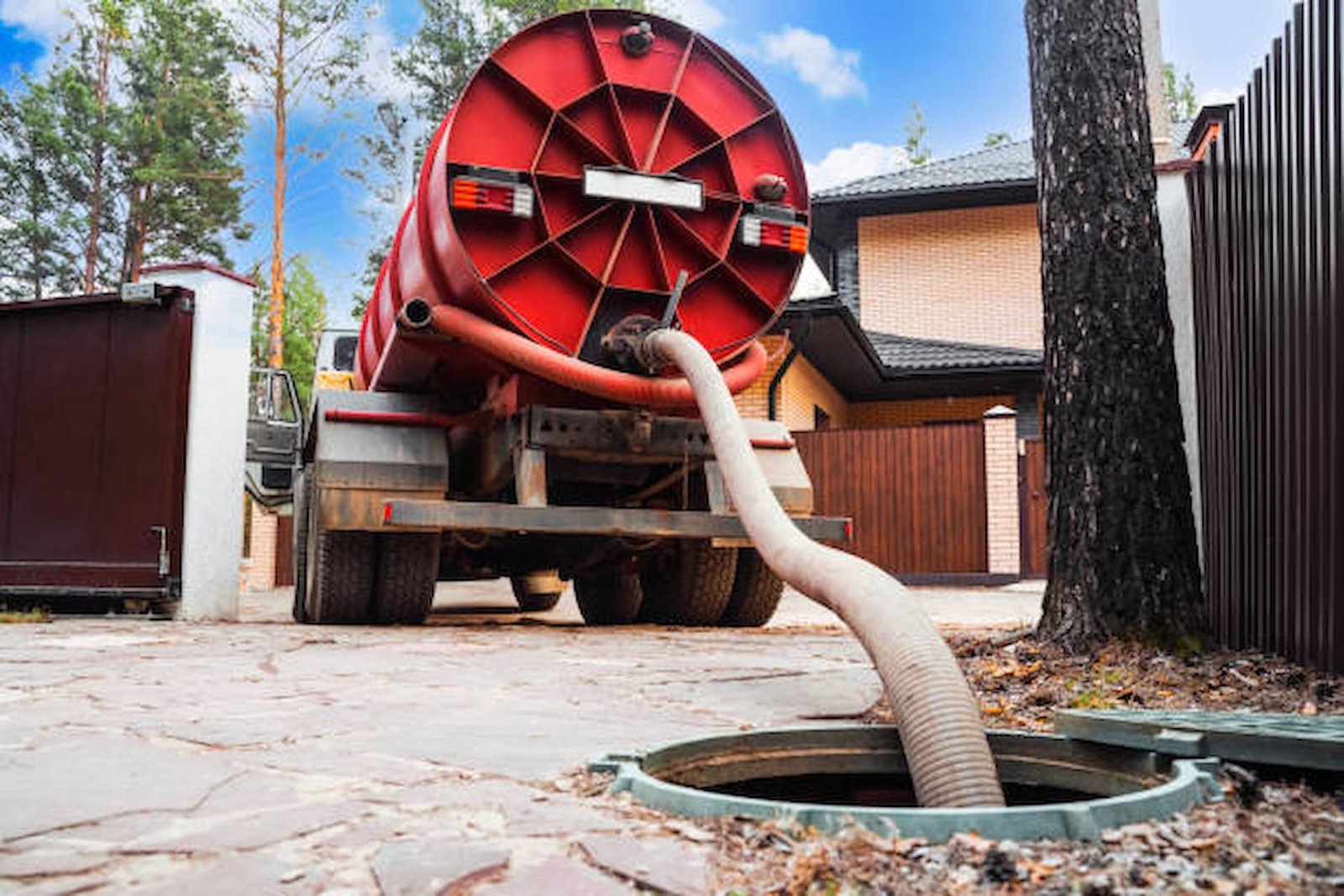Key Takeaways
- Frequent septic tank maintenance can prevent expensive repairs and potential health hazards.
- Simple steps can be taken by homeowners to extend the life of their septic system.
- Understanding the basic functioning of septic systems can enhance their longevity and efficiency.
Septic systems are an essential component for many households, providing an individual solution for wastewater management. Millions of homeowners rely on septic tanks, particularly in rural areas, without access to municipal sewage facilities. Comprehending the value of regular septic tank pumping can help homeowners avoid expensive repairs and prolong the life of their systems. A diligent approach to maintenance ensures a clean and safe environment both within the home and in the broader community.
Maintaining your septic system isn’t just about preventing unwanted smells or backups—it’s about ensuring the efficient processing of wastewater that keeps your home running smoothly. By understanding how septic systems work and identifying when they need attention, homeowners can take proactive steps to manage their systems effectively. They can also enlist the help of a septic contractor when it comes to this. Let’s delve into the benefits of regular maintenance and what steps you can take to keep your septic system in top shape.
Introduction to Septic Systems
Many homes across the country rely on septic systems, especially those outside urban areas where municipal sewage systems are unavailable. These systems are essential because they effectively and independently process and dispose of wastewater from homes. A properly functioning septic system not only supports household hygiene but also protects the local environment from pollution. Ensuring your septic tank performs optimally requires a foundational understanding of its functions and the importance of routine maintenance.
How Septic Tanks Work
At their core, septic tanks act as a simple yet effective waste treatment facility. Once wastewater exits your home, it enters the septic tank, where it undergoes an elementary yet crucial treatment process. Inside the tank, solids settle to the bottom, forming a sludge layer, while lighter substances like fats and oils accumulate at the top as scum. The remaining liquid, called effluent, flows out to the drain field, a carefully engineered subsurface system where soil microorganisms naturally filter and purify it. This process allows bacteria to effectively break down waste, reducing environmental impact and mitigating the risk of contamination in nearby water sources.
Signs Your Septic Tank Needs Attention
Identifying the warning signs of septic issues early can save you from an unpleasant and potentially costly disaster. Slow-draining fixtures such as sinks, showers, or toilets can indicate a blockage in the system, a sign that the tank is too full, or an issue with the pipes. Gurgling sounds in your plumbing or unpleasant odors near the septic area are other red flags that should prompt immediate action. Regular inspections can preempt more significant problems, ensuring peace of mind and optimal septic performance. Catching these problems early can be the difference between a minor repair and a system overhaul.
The Financial Benefits of Regular Maintenance
Regular upkeep of your septic system can lead to significant savings over time. By scheduling consistent maintenance, including professional inspections and pumping, you mitigate the risk of severe damage that could demand system replacement or drainage field reconstruction. Frequent pumping keeps solids from building up and overflowing into the drain field, preventing potential clogs that are expensive to fix. According to the EPA, maintaining a septic tank avoids costly repairs and replacements, ultimately keeping more money in your wallet while ensuring continuous system function.
Simple Steps to Maintain Your Septic System
Proactive measures can drastically extend the life of your septic system. Here are some practical tips to maintain its longevity:
- Mindful Flushing: Only flush biodegradable waste. Items like wipes, diapers, and hygiene products can clog the system and should be disposed of in trash bins rather than being flushed.
- Water Efficiency: Minimize water usage by fixing leaks and spreading out washing machine or dishwasher usage throughout the week. This prevents overloading the system with excess water, which can sweep solids into the drain field.
- Routine Inspections: Have your septic tank inspected regularly by a professional to catch issues early before they become costly problems. Professionals know exactly what to look for to ensure your system is functioning optimally.
Environmental and Health Impacts of Neglect
Neglecting your septic system can lead to detrimental impacts on both the environment and public health. An overloaded or malfunctioning system can lead to sewage overflow, releasing untreated wastewater into the ground and nearby water bodies. This not only pollutes the environment but also poses a health hazard, with the potential for harmful bacteria and viruses to contaminate local drinking water supplies. Learn more about the broader implications on the ecosystem from an article on septic system impacts, as delay can have long-lasting consequences for both your health and your community’s well-being.
Expert Opinions and Homeowner Experiences
Experts uniformly agree on the benefits of proactive care for septic systems, citing increased system life and decreased emergency repairs as significant advantages. Homeowners who have implemented regular maintenance routines consistently report fewer issues and a longer lifespan for their systems. Anecdotal evidence highlights that those who invest a little time in routine checks often enjoy fewer disruptions and lower operational costs. This consensus suggests that small, consistent efforts significantly reduce the need for emergency interventions and associated expenses.





